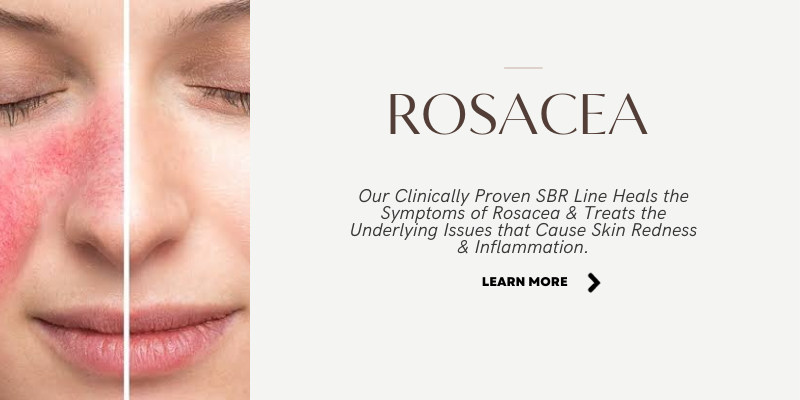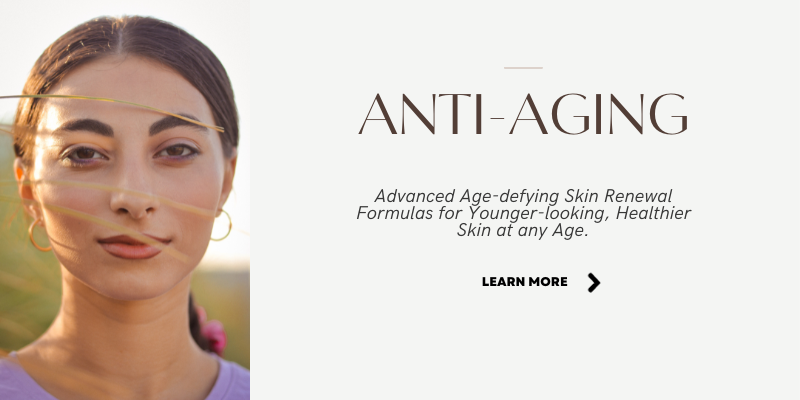Have you ever become annoyed when most heavily advertised (sometimes by paid celebrities), not to mention expensive, beauty products are not as effective as they claim or even guarantee to be? This is more than likely due to the quality, choice, and ‘greenwashing’ (ie; claiming an ingredient is natural when it is not) of the ingredients used to make the formula.
Additionally, this issue goes far beyond the questionable effectiveness of these commercial products. Some of the synthetic and toxic chemicals in skin and hair care are actually responsible for creating skin irritation, acne blemishes, hypersensitivity, and hormonal imbalances resulting in increased skin oiliness (in Kapha Skin), and conversely dryness (in Vata/ Pitta skin).
The Worst Part? Extensive research has shown that many of these toxic ingredients are endocrine disruptors, carcinogens, and even in some cases have been linked to birth defects.
The Solution? – “Switching to #CleanBeauty”.
Our Mother Earth has blessed us with a plethora of alternative natural and effective ingredients, in order to restore naturally healthy skin and hair for life.
Here is a list of the most common toxins in beauty products and their natural alternatives:
Parabens
Parabens are preservatives on top of the list of the most common toxins in beauty products. They are used to increase the shelf-life of products, and are found in a wide range of beauty products, including shampoos, facial cleansers, deodorants and a whole host of other externally used product formulas. Parabens and their derivatives have been shown to be hormone disruptors, thus affecting fertility, and increase the risk of cancer. Parabens are also detrimental to marine life and the environment.
Natural Alternatives – Potassium Sorbate from Mountain Ash Berries and other antibacterial botanicals like Neem, Rosemary Essential Oil, etc.
Sulfates
Sulfates like SLS (Sodium Lauryl Sulfate) and SLES (Sodium Laureth Sulfate) are surfactants used in shampoos, facial cleansers, and body wash. These were originally designed as industrial grade detergents and are commonly used in household cleaners! Sulfates are common toxins in beauty products and can cause skin dryness, reactions in sensitive people, dandruff, and damage to the scalp/ hair. They are primarily used due to the fact that they are inexpensive, shelf stable and often necessary to remove silicone/plasticizers commonly used in styling products and hair ‘conditioners’ (to offset the appearance of damage done by the SLS’s.
Natural Alternatives – African Black Soap (which forms the base of our Organic Facial Cleansers & Shampoos), Yucca Root, and Castile Soap.
Synthetic Fragrances
When the label simply mentions ‘Fragrance’ or ‘Parfum’ this is just an umbrella term for a whole host of toxic chemicals that the brand does not disclose. These synthetic fragrances are often the reason behind skin sensitivity, redness, and irritation.
Natural Alternatives – Natural fragrance-rich essential oils of Lavender, Orange, Bergamot, Rose, Jasmine, etc.
Emulsifying Agents
The most common type of emulsifying agents used in skin and hair care are SLS, Cetearyl Alcohol, Stearic Acid, Cetrareth-20, and Benzalkonium Chloride. Emulsifiers are surface-active agents that provide a ‘creamy’ consistency to the products and keep the ingredients from separating. They can cause skin irritation and damage the skins’ pH barrier defense mechanism.
Natural Alternatives – Xanthan Gum, Guar gum, Gum Arabic and Soy proteins.
Mineral Oil
Mineral oil (and petrolatum) is another hotly debated product in the beauty industry. They are the backbone ingredients of many skin and hair care products but are occlusives (pore blockers) that can wreak havoc on acne-prone skin. They also cause skin irritation and are claimed to be carcinogenic. Petrolatum was originally a waste by-product of the oil industry, when some enterprising guys named Ponds (as in Ponds Cold Cream) found a way to make a fortune out of it!
Natural Alternatives – Mineral oil can be easily replaced by natural ingredients like Shea Butter, Vitamin E, Avocado Oil, Grapeseed Oil, Almond Oil, Hempseed Oil, and many others. Incidentally, these ingredients are far more expensive.
Humectants
Humectants are revolutionary agents that improve skin hydration by attracting water. They are different from emollients and occlusives and are popularly used in anti-aging skincare, moisturizers, lotions, and lip balms. On the downside, synthetic humectants, PEGs, and ingredients like urea can cause skin irritation and even hypersensitivity in pitta complexions.
Natural Alternatives – Honey, naturally-derived Salicylic acid from bark of White Willow Tree, and Hyaluronic Acid in our BioScience Peptide Complex.
In the next part of this series, we will tell you about the natural alternatives to ingredients like Color Additives, Phthalates, Alcohol, Silicones, Retinol, Hydroquinone, BHT, and many others common toxins used in skin and hair care. Also, read Toxic Ingredients to Avoid In Sunscreens.



